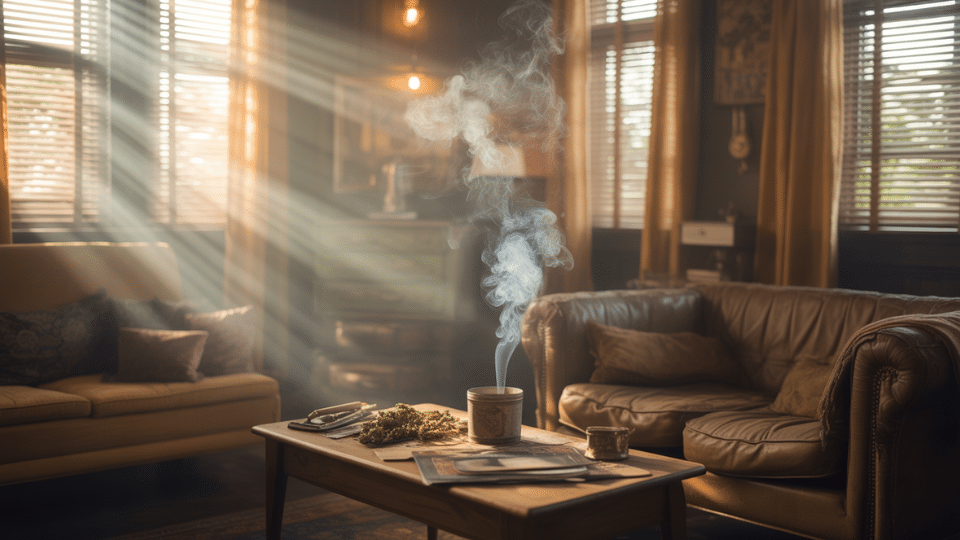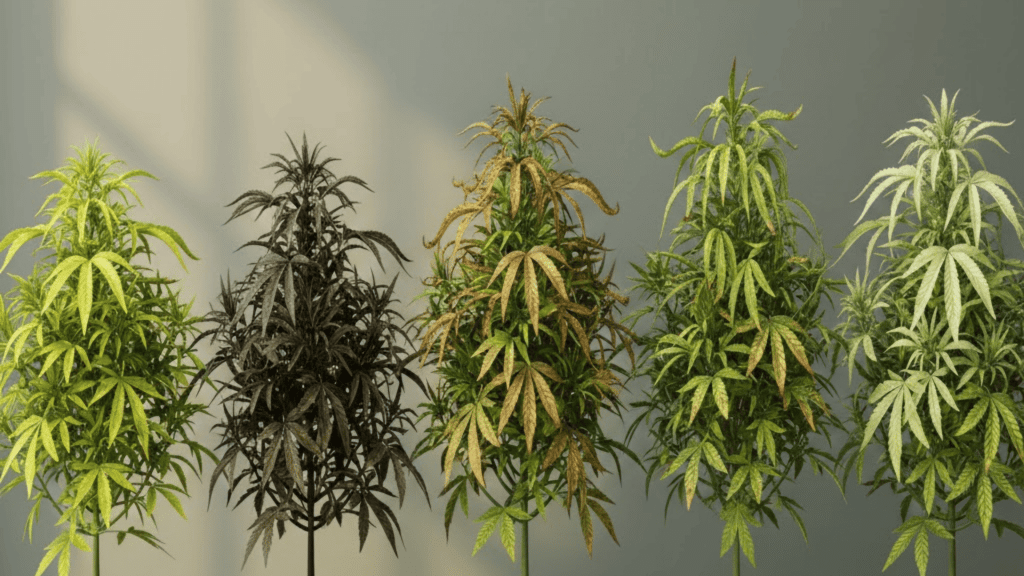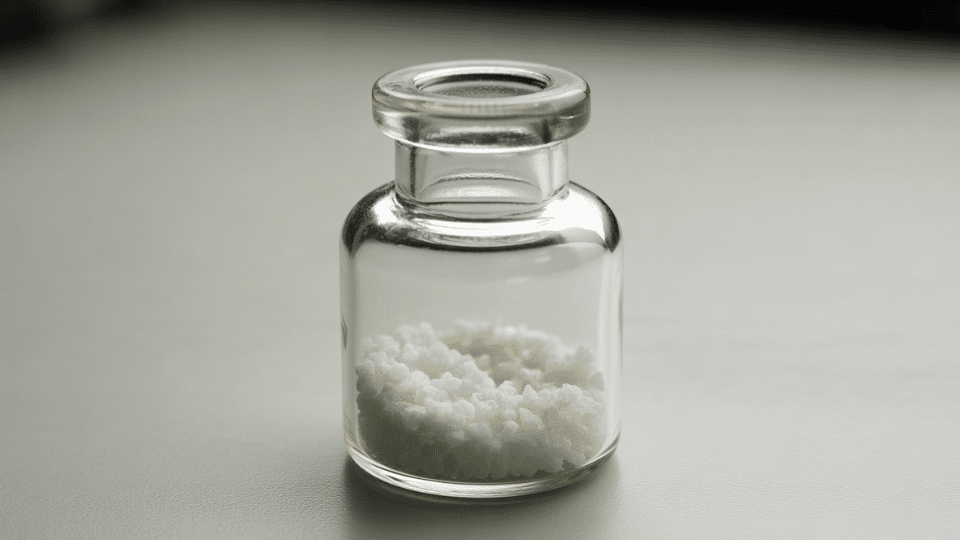If you’ve been hearing a lot about THCA flower lately, you’re not the only one. I’ve been seeing it everywhere, too.
It looks and smells just like regular weed, but here’s the surprising part: it’s legal in most places across the U.S. Pretty wild, right?
In this blog, I’ll walk you through what THCA flower actually is, how it works, and how it’s different from regular cannabis.
We’ll also talk about whether it’s legal in your state, what effects to expect, and how to buy it safely. By the end, you’ll have a clear, simple understanding of why THCA flower is such a big deal right now.
What is THCA?
THCA stands for tetrahydrocannabinolic acid. Think of it as THC’s parent compound—it’s what THC starts out as before any heat gets involved.
In raw cannabis plants, almost all the “THC” is actually THCA. This acidic form has an extra molecular group attached to it (that’s the “A” part—acid).
When you apply heat through smoking, vaping, or cooking, this process is called decarboxylation. The heat removes that extra molecular group, and boom, THCA becomes Delta-9 THC.
Here’s a quick comparison to help you understand the difference:
| Factor | THCA | Delta-9 THC |
|---|---|---|
| Psychoactive | No | Yes |
| Legal Status | Federally legal (under 0.3% THC) | Federally illegal |
| Found In | Raw cannabis and hemp | Heated cannabis |
| Common Uses | Juicing, tinctures, patches | Smoking, vaping, edibles |
What Exactly is THCA Flower?
THCA flower refers to cannabis buds that are grown specifically to be high in THCA while staying under the federal limit of 0.3% Delta-9 THC. This makes it technically legal hemp under the 2018 Farm Bill.
Unlike synthetic cannabinoids such as Delta-8 or Delta-10 (which are lab-made), THCA flower is completely natural. It’s just regular cannabis that hasn’t been heated yet.
Growers cultivate specific strains and harvest them at the right time to maximize THCA content while keeping Delta-9 THC levels super low.
What Does THCA Flower Look and Smell Like?
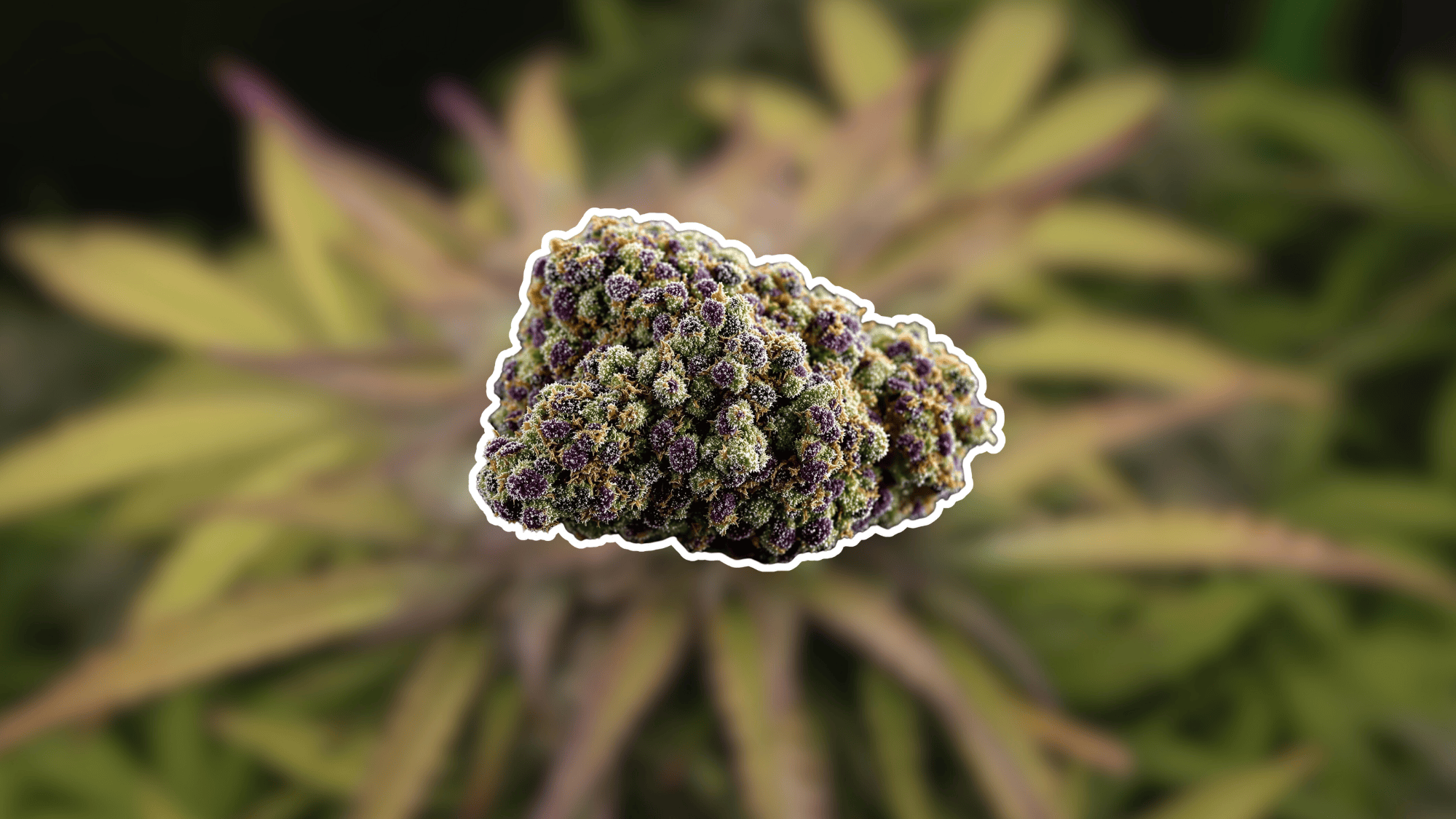
Here’s where things get interesting: THCA flower is basically identical to traditional marijuana in appearance:
- Looks: Dense, colorful buds covered in trichomes (those sparkly crystals)
- Smell: Rich, pungent cannabis aroma with various notes depending on the strain
- Texture: Sticky and resinous, just like regular weed
- Quality: Lab-tested to ensure it meets legal requirements
Most people can’t tell the difference between THCA flower and regular cannabis just by looking at it or smelling it. The real difference is in the lab results and legal paperwork.
How Does THCA Flower Work?
The magic of THCA flower happens through a process called decarboxylation. Don’t let that big word scare you—it’s actually pretty straightforward.
When THCA flower is in its raw, natural state, it won’t get you high. You could eat it raw (though it wouldn’t taste great), and you’d feel nothing psychoactive. But the moment you introduce heat, everything changes.
In simple terms, when you light THCA flower with a flame or heat it in a vaporizer, the heat causes a chemical reaction.
The THCA molecule loses a small chemical group and transforms into THC, the exact same compound that makes traditional marijuana euphoric.
Think of it this way:
- Raw THCA flower = No high
- Heated THCA flower = Full THC effect
This is why THCA flower can be sold legally but still produces the same effects as regular cannabis when used in the traditional way.
THCA Flower vs. Regular Weed: What’s the Difference?
This is probably the biggest question on your mind. If THCA flower produces the same effects when heated, how is it different from regular marijuana?
| Feature | THCA Flower | Regular Cannabis (Weed) |
|---|---|---|
| Delta-9 THC Content | Below 0.3% | 15-25%+ |
| Legal Status | Federally legal (gray area) | Federally illegal |
| Psychoactive When Raw | No | Yes |
| Psychoactive When Heated | Yes | Yes |
| Where to Buy | Online, hemp shops (nationwide) | Licensed dispensaries only |
| Lab Testing Required | Yes (for compliance) | Yes (in legal states) |
The main difference is legal, not functional. Regular weed contains high levels of Delta-9 THC right from the start, which makes it federally illegal.
THCA flower technically meets federal hemp standards because it’s under 0.3% Delta-9 THC before heating.
However, once you smoke or vape either one, they produce nearly identical effects because they both end up as THC in your system.
Does THCA Flower Get You High?
The short answer: it depends on what you do with it.
- Raw THCA flower: No high at all. You could juice it, blend it into smoothies, or use it in cold preparations, and you’d get zero psychoactive effects.
- Heated THCA flower: Absolutely yes. When you smoke, vape, or bake with THCA flower, it produces the same high as traditional marijuana because it converts to THC.
Most people who buy THCA flower are planning to smoke or vape it, which means they’re looking for that THC experience.
The heating process (decarboxylation) happens instantly when you light it, so the effects kick in just like regular cannabis.
Benefits and Potential Effects of THCA
Research on THCA is still in its early stages, but scientists have discovered some promising potential benefits, especially when THCA is used in its raw form (without converting to THC).
Some potential benefits include:
| Potential benefit | What it may do |
|---|---|
| Anti-inflammatory | May help reduce inflammation in the body |
| Anti-nausea | Could help with nausea and vomiting |
| Neuroprotective | Might support brain health and protect nerve cells |
| Pain relief | May help manage various types of pain |
| Appetite support | Could help stimulate |
Important note: Most of these findings come from animal studies and early research. More human studies are needed to fully understand THCA’s potential benefits. If you’re considering THCA for health reasons, talk with a healthcare provider first.
THCA Risks, Side Effects, and Drug Testing

Let’s talk about safety. THCA flower is a natural, unaltered plant product, making it generally safer than synthetic cannabinoids.
Raw THCA risks: Minimal. Some people might experience mild digestive upset if consuming raw THCA in large amounts, but serious side effects are rare.
Heated THCA risks: Once converted to THC, THCA flower carries the same potential side effects as regular marijuana:
- Dry mouth
- Red eyes
- Increased heart rate
- Anxiety or paranoia (especially at high doses)
- Impaired coordination and memory
Drug Testing: Yes, THCA flower will likely make you fail a drug test. Even though raw THCA isn’t psychoactive, your body can convert it to THC metabolites, the compounds drug tests look for.
If you smoke or vape THCA flower, you’re definitely consuming THC, which will show up on standard drug screenings. If you’re subject to drug testing for work, sports, or legal reasons, THCA flower is not a safe choice.
Popular Types of THCA Products
THCA flower isn’t the only product on the market. Here’s what you’ll find:
| Type of THCA Product | Description | Key Notes |
|---|---|---|
| THCA Flower | The most popular option, actual cannabis buds ready to smoke or vape. Offers a traditional experience with a variety of strains and flavors. | Classic experience; psychoactive when heated. |
| THCA Concentrates | Extremely potent extracts (90%+ THCA) such as diamonds, sauce, or shatter. | For experienced users only due to high potency. |
| THCA Edibles | Edibles that are only psychoactive if THCA has been decarboxylated (heated). Raw versions provide wellness benefits without the high. | Psychoactive only after heating. |
| THCA Patches and Tinctures | Designed for non-psychoactive, wellness-focused use. Deliver THCA directly without converting it to THC. | Ideal for users seeking therapeutic effects without intoxication. |
Is THCA Flower Legal in the U.S.?
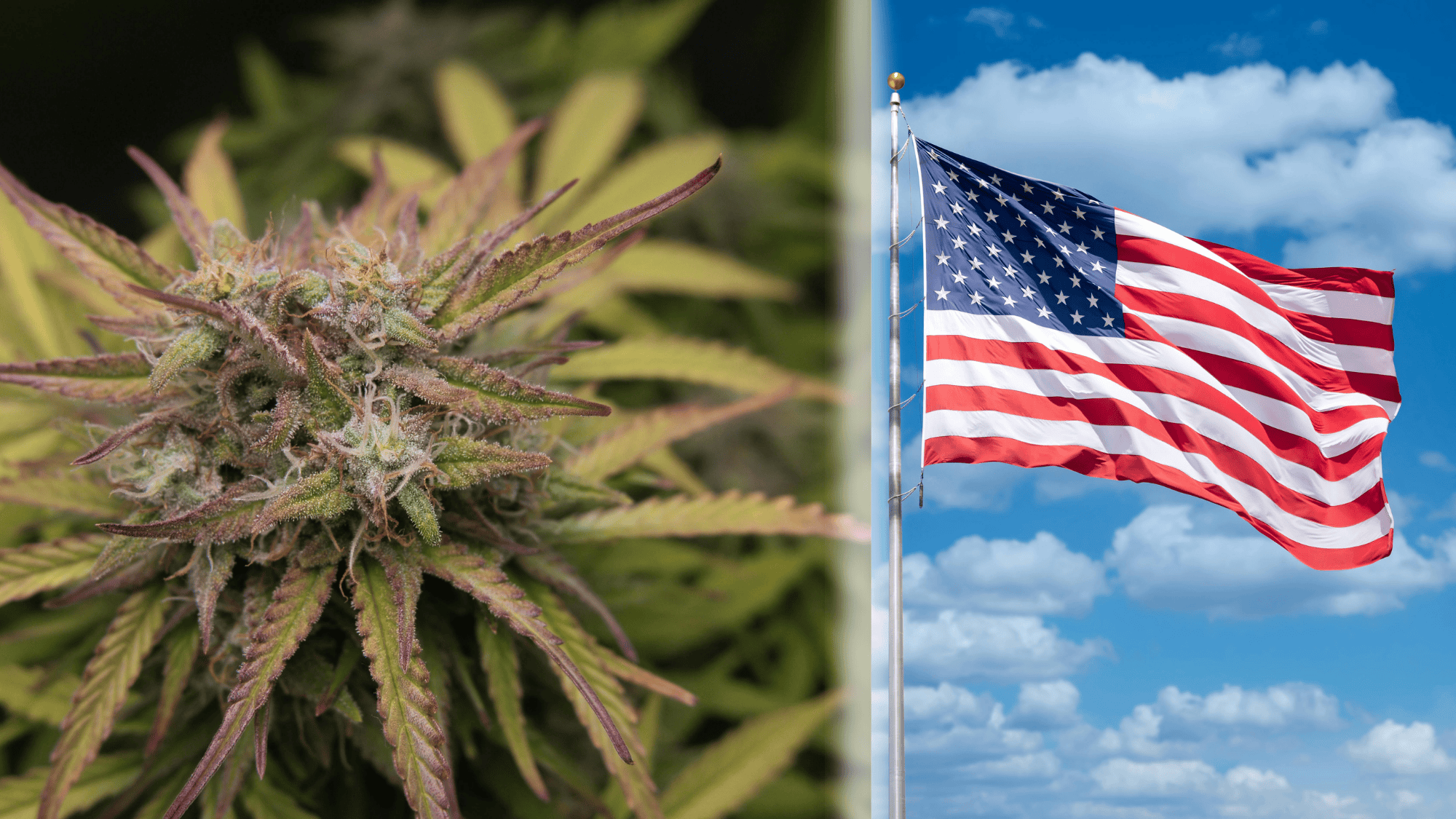
Here’s where things get a bit tricky. The answer is: it depends.
- Federally: THCA flower exists in a legal gray area. The 2018 Farm Bill allows hemp with less than 0.3% Delta-9 THC, so THCA flower is technically legal until heated.
- DEA’s Position: The DEA hasn’t given a clear stance. Some say it’s illegal because THCA converts to THC when heated, while others note the law only measures Delta-9 THC.
- State Laws: Rules vary by state. Some permit THCA flower sales, while others, like Idaho and Arkansas, ban or restrict it based on total THC content.
Always check your local laws before purchasing THCA flower. What’s legal in one state might get you in trouble in another.
Tips for Buying THCA Flower
If you’re thinking about trying THCA flower, keep these tips in mind:
Look for lab testing: Reputable sellers provide Certificates of Analysis (COA) from third-party labs. These reports confirm:
- THC content is below 0.3%
- No harmful pesticides or contaminants
- Accurate THCA percentages
Check for transparency: Good brands openly share their testing results and growing practices. Avoid companies that won’t provide lab reports or seem shady about their products.
Avoid suspiciously cheap products: If the price seems too good to be true, it might be. Some sellers spray regular hemp with synthetic cannabinoids and market it as THCA flower. Stick with trusted, established brands.
Verify legality: Double-check that THCA flower is legal in your state before ordering.
Bottom Line
So, after learning all this, I see why THCA flower has become such a hot topic. It gives you the same experience as regular cannabis once heated, but stays within the legal limits of hemp, at least for now.
I think it’s a fascinating example of how fast the cannabis world is changing. Just remember: laws can change at any time, so it’s smart to stay updated and always buy from trusted, lab-tested brands.
If you’re curious about its wellness benefits or want a legal way to enjoy THC-like effects, make sure you know what you’re getting into.
If you found this guide helpful, share it with a friend who’s been wondering what THCA flower is all about!


